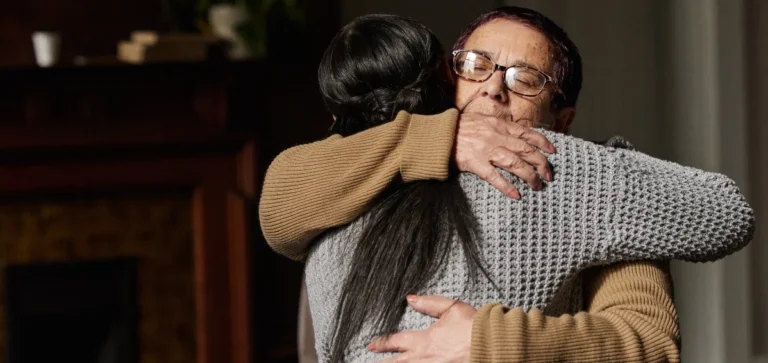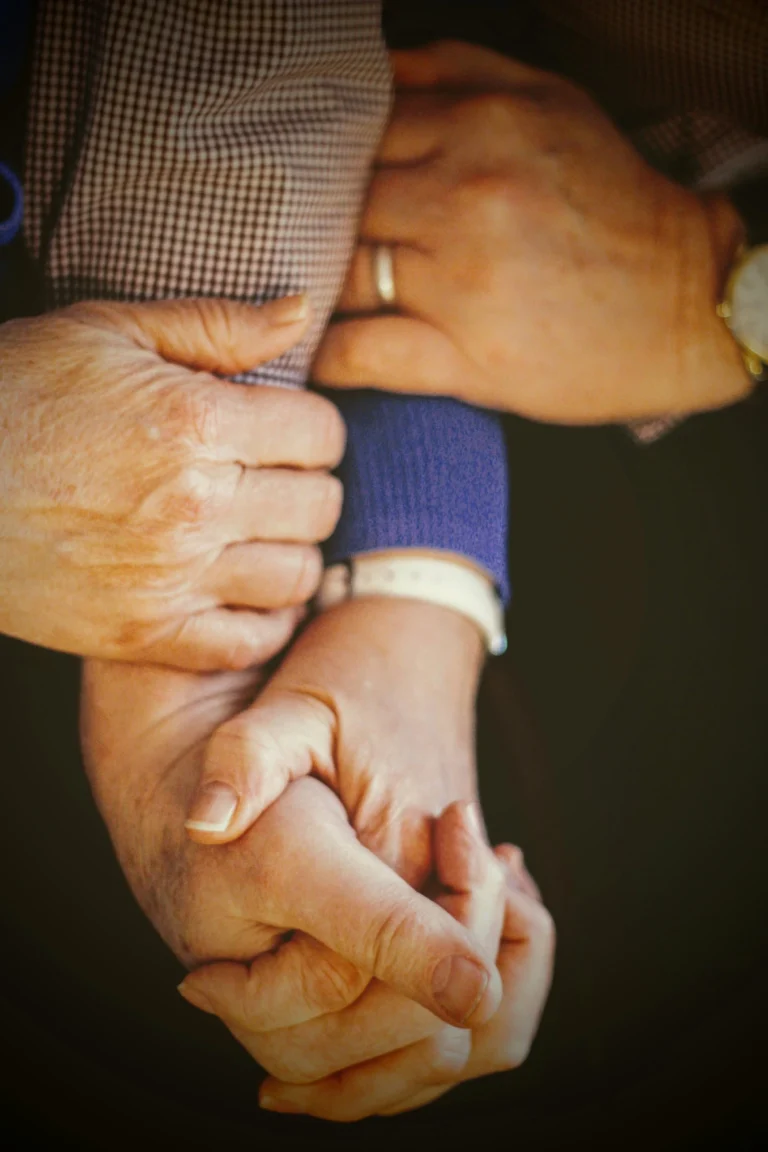Managing Christmas when you have an Eating Disorder
The Christmas and New Year period is generally considered to be a happy time, when family and friends get together to celebrate and enjoy each other’s company. But for people struggling with an eating disorder it can also be an extremely stressful and anxiety provoking period. Many people can feel that their ‘eating disorder thoughts’ are much more problematic around Christmas, or indeed that things can take a step back in terms of recovery, as thoughts and behaviours increase in intensity. We spoke to a number of our clinicians to pull together some helpful ‘tips’ for managing the Christmas period. Not all of these tips will be helpful for everyone, but planning in advance for which tools or strategies might be helpful, can be a positive way of planning for a successful Christmas.
- Take some time before the festive period to talk with the people you will be with during this time, about how you might be feeling and how you might manage. Letting them know what support you might need, and indeed what you might find unhelpful means you can plan your support together.
- Remind yourself of the goals that you have for managing the Christmas period – either ones that you have set in therapy or the hopes that you have for how you might manage. Try to think about any barriers that might get in the way of these goals and how you might plan to overcome these.
- Try to keep your days structured so that as far as possible your usual daily routines and structure are not too different from usual. This is likely to help you continue to feel safe and more in control.
- Try to keep to your usual food plan as much as you can but prepare for as much flexibility as you feel you can manage. E.g. if you know you will be having lunch on Christmas day at a different time from your usual lunch, think about what this means for the rest of the day – can you swap your afternoon snack and your lunch so that you are still eating in a familiar way but at slightly different times.
- Check in with yourself each morning in terms of your hopes and goals for the day. It may be helpful to review your motivations, remind yourself of why you want to be able to manage the day, or to connect with a helpful mantra or affirmation.
- Socialise with supportive family and friends. Isolation can often result in you feeling worse about things. Let them know if you are struggling, but also try to engage yourself as much as possible in the conversations and enjoyment happening around you.
- Know where you can turn to if you are really struggling – for example Beat has a really helpful support line that you can access over Christmas. There are many other local eating disorder charities that offer support, or crisis helplines. Do your research and have a sense of where you can access support if you need it.
- We often find that during more stressful periods, our critical thoughts may increase. Try to connect with your healthy parts (these are often more compassionate and self-nurturing thoughts). Try to write these down and revisit what you have written as often as you need to.
- When you are feeling more anxious, tell someone. If you need more support from a loved one, ask for it. Don’t try to pretend that you are okay, use your voice to express your needs and allow those closest to you to support you.
- Try to set up a toolbox before the festivities begin, that you can use when you need to. These may include a list of activities to do when you need distraction (such as journaling, puzzles, painting, pottery, knitting or watching a movie). But these may also include tools to help you manage difficult emotions- for instance, mindfulness techniques, gadgets to fiddle with, nice smelling scents to help you be more present, a breathing technique, or cards with affirmations to remind you that this too shall pass.
- After meals, use your tool box and distraction techniques to avoid critical thoughts or play a game with a friend, or go for a gentle walk with someone. Express to your loved ones that meal times may be challenging and ask them to help you not to isolate after meals, but rather engage in helpful activities until you feel better.
- Don’t worry about taking time out. This may feel helpful if you become scared or feel unsafe around food or others, or if you simply start to feel overwhelmed by the day. Take a bit of time out, think about what you need and re-engage when you are ready to.
- If you know you are likely to feel triggered by certain comments from friends or family, consider telling them, and even asking them not to discuss certain topics in front of you. There can often be a lot of comments made around food, and even weight around Christmas and New Year – let people know which topics you find distressing and ask them to be mindful of this.
- If you are in treatment, feel free to ask your dietician for meal guidance for festive meals. If you are not under nutritional care- just portion your meal as you would any other meal on a ‘normal day’ or ask a friend or family member that you trust to portion for you.
- Remember to keep it simple. Keep to your plan and lean into as much support as possible. You don’t need to do more than can be expected of you, and you are allowed to struggle.
We hope that these tips may be of some help, but if not, and Christmas feels really difficult, remember that your normal structure and support will still be there for you once the festive period is over.
We wish you all the best for this Christmas, but more importantly for the year ahead.
If you wish to book an appointment, please click here.








